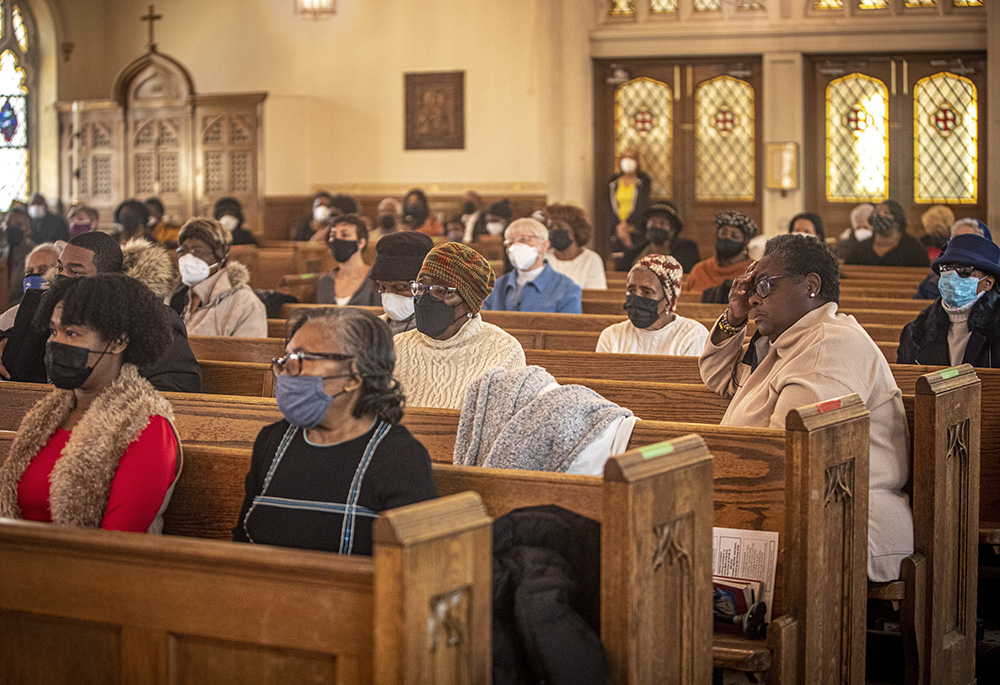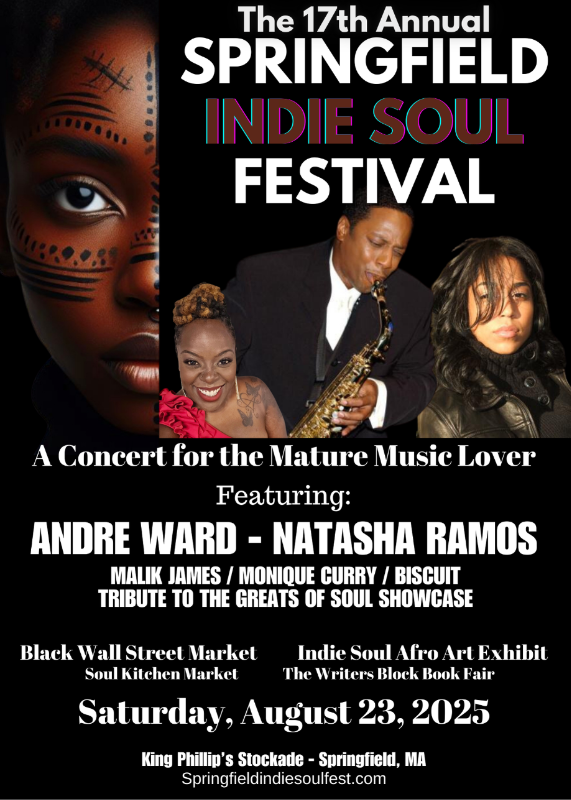Most Black worshippers attend predominantly Black congregations and see a role for religion in fighting racial injustice, but generational patterns are changing.
Religion has long been a cornerstone of identity and community for Black Americans. From the days of segregation when Black churches were bastions of solidarity and activism, to the present, where faith continues to be a source of strength and inspiration, the role of religion in Black communities has remained profound.
However, recent research suggests significant shifts in religious practices and affiliations among younger generations, shedding light on a changing landscape within Black America.
A recent survey conducted by the Pew Research Center provides valuable insights into the religious attitudes and behaviors of Black Americans.
The survey, which included over 8,600 Black adults across the United States, reveals a complex picture of faith and spirituality within the community. Traditionally, Black churches and congregations have been central to the religious lives of Black Americans. Today, a majority of Black adults attend predominantly Black congregations, where they find a sense of belonging and solidarity. However, there is a notable generational divide emerging.
Younger Black adults, particularly Millennials and members of Generation Z, are less likely to attend Black churches and are less engaged in religious practices compared to older generations.

This shift is reflected in the declining importance of prayer and religious affiliation among younger Black Americans. While prayer has long been a cornerstone of faith for Black communities, younger generations are less reliant on prayer and are more likely to identify as religiously unaffiliated.
Additionally, they are less likely to view religion as an integral part of their lives. The survey also highlights the diversity within Black religious communities. While Protestantism has historically dominated, with two-thirds of Black Americans identifying as Protestant, there is a growing presence of other Christian denominations and non-Christian faiths, such as Catholicism and Islam, among Black Americans.
Despite these shifts, there remains a strong connection between Black Americans and their religious institutions.
Predominantly Black congregations continue to play a significant role in fostering community and addressing social issues, particularly racism and discrimination. However, there is a growing consensus among Black Americans that these congregations should become more racially and ethnically diverse, reflecting changing attitudes towards inclusivity and representation.
Furthermore, the survey highlights the distinctiveness of Black congregations in terms of worship practices and sermon content. Black churches are characterized by expressive forms of worship, including call and response, spontaneous dancing, and speaking in tongues.
Sermons often address issues of race relations and social justice, reflecting the ongoing
commitment of Black churches to advocacy and activism. While the survey provides valuable insights into the religious landscape of Black America, it also raises important questions about the future of Black religious institutions.
As younger generations become increasingly disconnected from traditional religious practices, there is a need for these institutions to adapt and evolve to remain relevant in a changing society.
Overall, the Pew Research survey offers a nuanced understanding of the complex relationship between religion and identity within Black communities.
It underscores the resilience and adaptability of Black religious institutions while also highlighting the challenges and opportunities they face in the twenty-first century. As Black America continues to evolve, so too will its religious landscape, shaping the future of faith and spirituality for generations to come.




